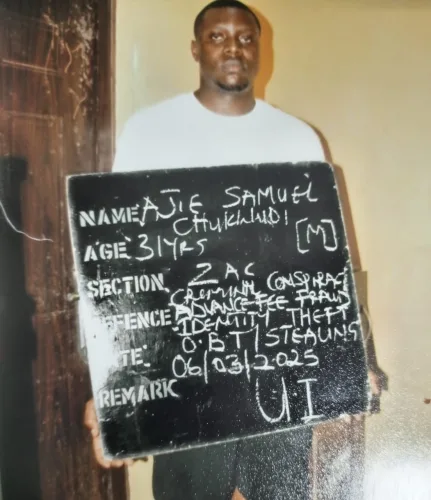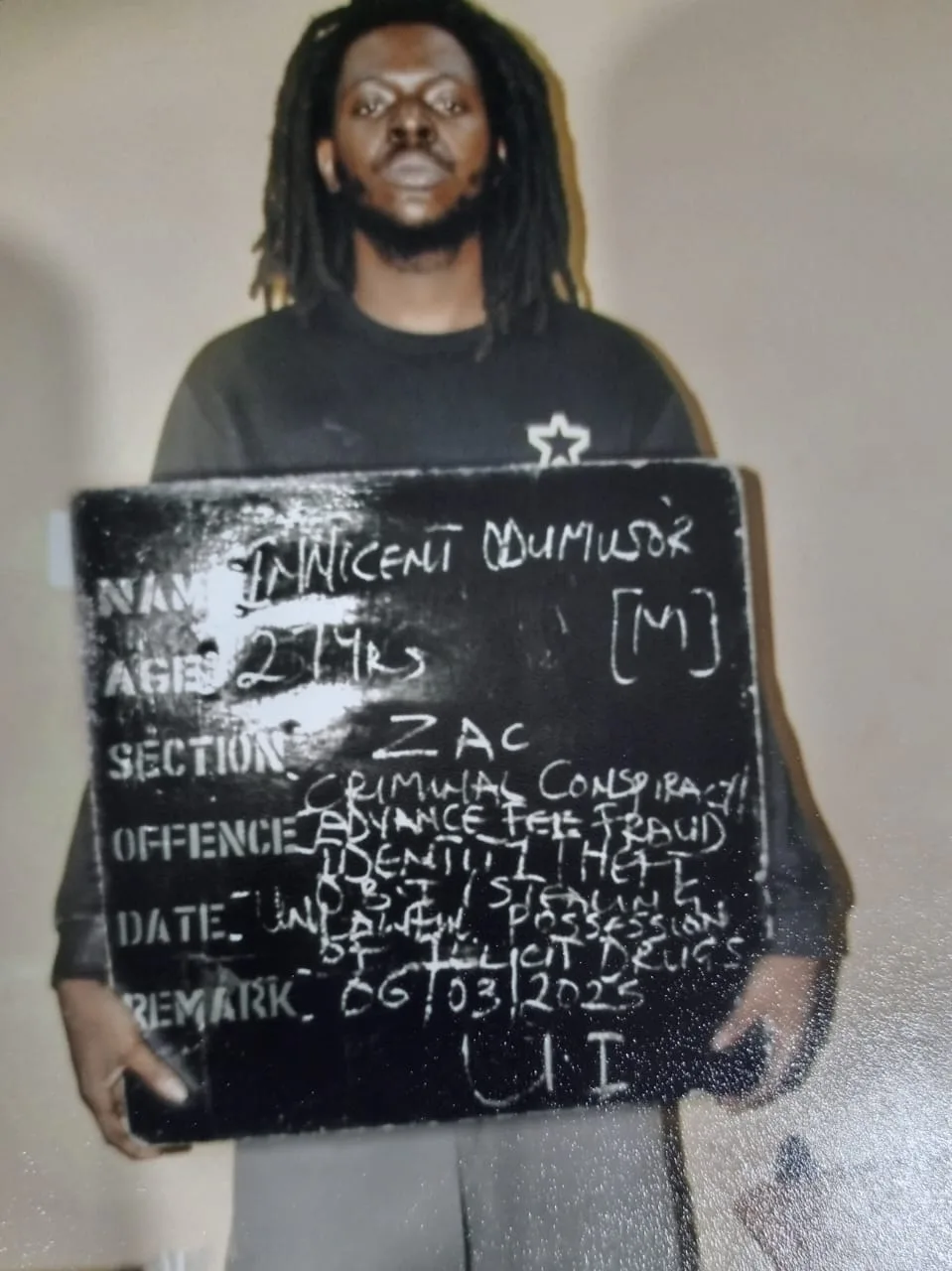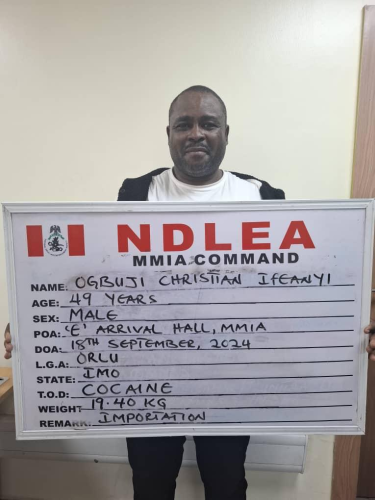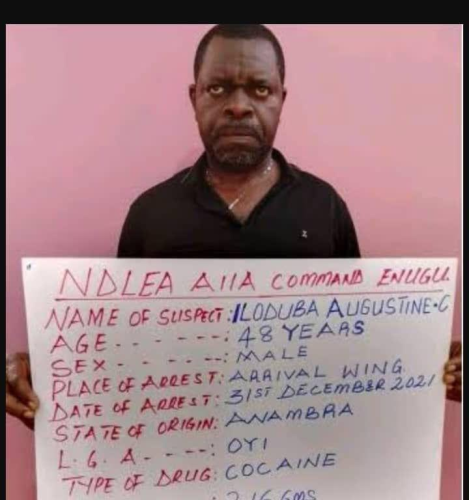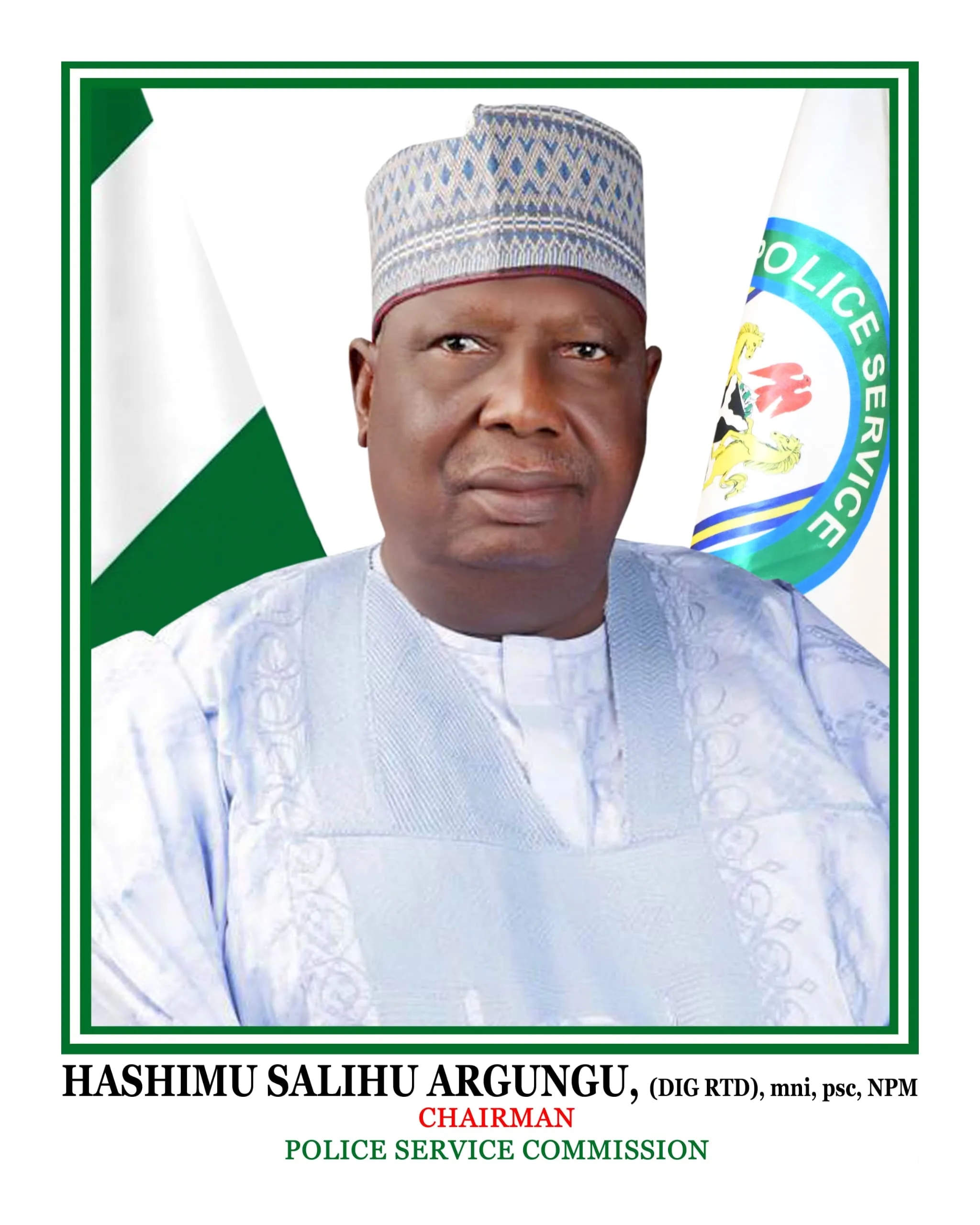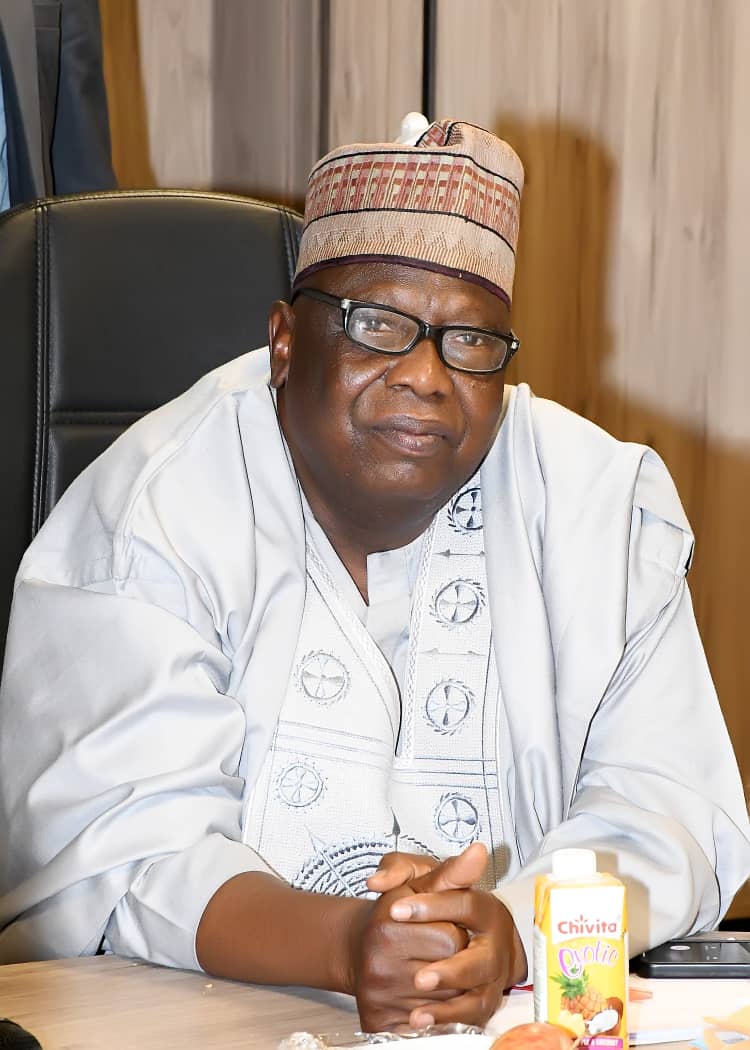Abdulrasheed Ibrahim
As a writer and a student of history, I do not like seeing anyone in whatever form trying to take people for a ride. It is not in my character to look the other way. Some of us were not babies when IBB ruled this country as an unelected President. When General Ibrahim Badamosi Babangida (IBB) gave the hint that he was coming up with his autobiography , I told some colleagues that the IBB’s book would surely generate a lot of controversies particularly among many Nigerians that were of age when he ruled as a military leader. Speaking from experience as the author of the book titled “MY COMMAND”, Chief Olusegun Obasanjo (OBJ), a former Head of State and later an elected President, during the public presentation of the IBB’s “JOURNEY IN SERVICE” told him what to expect from the people.
So far,IBB’s book seems to have received more condemnations than commendations. The families and friends of those indicted or mentioned by IBB in his book like that of Abacha, Abiola and Vatsa have not kept mute on Babangida’s story.Mr. Richard Akinola, a friend of Mr. Dele Giwa , a journalist that fell victim of IBB regime has done a rebuttal to IBB’s position on the death of the renowned journalist who co-founded the now rested Newswatch Magazine.
One must admit from inception that this space may not be sufficient to do a comprehensive critique of IBB’s autobiography, this is just a short attempt to x-ray some of the points raised by the IBB in his autobiography that one finds it difficult to agree with. There is no doubt that IBB took active part in the military coup that saw to the demise of Second Republic presided over by the late Alhaji Shehu Shagari and brought in Muhammadu Buhari and Tunde Idiagbon as the Head of State and the Chief of General Staff Supreme Headquarters respectively while Ibrahim Babangida occupied the position of the Chief of Army Staff. The situation in the country at the time Shagari regime was sent packing was not pleasant as the politicians at that time had turned the country upside down as the level of indiscipline and corruption had become very unbearable. This actually paved the way for the success of the military coup without any resistance or protest from the Nigerian people.
The period of 20 months that followed under what has come to be known in history as Buhari/Idiagbon regime was under the slogan of War Against Indiscipline (WAI) which was a rescue mission said to be the brain child of Tunde Idiagbon, a great soldier that had no business with laughing but which IBB later gave in abundance when he took over power in a palace coup when Idiagbon, the most active Second-in-Command was far away in the Saudi Arabia. According to IBB on page 118 of his book:
“My predecessor in office, Major General Muhammadu Buhari, and his deputy, Brigadier Tunde Idiagbon, had separated themselves from the mainstream of the armed forces by personalising what was initially a collective leadership. They both posited a ‘holier than thou’ attitude, antagonising the civil populace against the military. Fundamental rights and freedoms were being routinely infringed upon and abused. As military administration, we were now presiding over a society that was primarily frightened of us. We were supposed to improve their lives and imbue the people with hope for a better future. Instead, we ruled the nation with a series of draconian decrees. An administration intended to reflect the collective will of the armed forces as a national institution came to be seen as the private personal autocracy of a stubborn few.”
With what decrees did IBB rule? His above assertion that prompted the overthrow of his predecessor has actual confirmed the long held view by some of us that Buhari and Idiagbon probably unknown to both of them were only used by IBB to test the ground for the acceptance of military rule in the country at that time .The Nigerians that lived through and witnessed Buhari/Idiagbon’s regime of 20 months and IBB’s regime of 8 years are till day in better position to spot the difference between the two regimes. The IBB coup was a clear manifestation of that slogan “hidden agenda” invented during the IBB regime.
Did IBB immune himself or did he do anything different from what he accused his predecessor in office of? With the collapse of the Buhari/Idiagbon regime within 20 months courtesy of IBB, in what way was his 8 years reign better than that of his predecessor he overthrew? Most Nigerians were later to realize that Buhari/Idiagbon regime meant well for the country as far as the concept of patriotism was concerned .It was that thought and the happenings during that Buhari/Idiagbon’s 20 months period in power as military leaders that actually and greatly assisted Buhari in getting the mandate of Nigerians as a civilian President during the 2015 elections but one thing that later became apparent to the Nigerians was that whatever success recorded by Buhari as a military Head of State particularly in the war against indiscipline and corruption was attributable to the late Tunde Idiagbon who was then his Second-in-Command.
It was a notorious fact that IBB during his reign embarked on a very prolong transition program to the civil rule during which the hand over date earlier promised was postponed as it was done by Gowon when he was in power ,a mistake IBB said he would avoid. He eventually decreed two parties i.e National Republican Convention (NRC) and Social Democratic Party (SDP) into existence under which elections were gradually conducted into the Local Government level with the emergence of the Councillors and the Chairmen followed by that at the State level with the emergence Governors and members of the State Houses of Assemblies and then that of the National Assembly members under what was tagged “Option A4”.
Thereafter came the Presidential election fixed for June 12, 1993 that was freely and peacefully conducted throughout country and won by Chief M.K.O Abiola of the SDP. That election considered to be the most free and fair in the history of the Nigeria was unfortunately annulled by IBB. On the page 275 of his book, he said:
“…But the annulment was only a component of a series of other options. But to suddenly have an announcement made without my authority was, to put it mildly, alarming .I remember saying: ‘These nefarious ‘inside’ forces opposed to the elections have outflanked me!’ I would later find out that the ‘forces’ led by General Sani Abacha annulled the elections. There and then , I knew I was caught between ‘the devil and the deep blue sea’! From then on , the June 12 elections took on a painful twist for which , as I will show later , I regrettably take responsibility.”
Who should take responsibility in the first place?Was IBB truly a daring General committed to his promise to return the country to the civil rule? What the above assertion had gone to prove was that IBB for eight years was leading a set of military officers that were not completely interested in the transition of power to the civil rule unlike those led by OBJ, that IBB considered to be very hasty in 1979. IBB when in power said to have spent about 50 Billion Naira then on the transition program that was not really meant to be or pursued with all sense of seriousness and patriotism. If I am wrong in this my view, I will appreciate your rebuttal. On page 278 of the book, IBB went further:
“Without question, one of my biggest headaches at this time was Sani Abacha. I knew that Abacha was ambivalent about a return to civil rule .But I thought, in retrospect now, naively, that he would support our transition to civil rule programme. As I said earlier, Abacha and I had come a long way. We were good friends, and he had indeed been nice to me. As I have said elsewhere, he saved my life once and also risked his life to ensure that I took over in 1985. I could never forget those details .But it’s also correct that he was a complex character. He was capable of bottling up a lot inside without giving a hint of where he was. And then suddenly, the bottle bursts, and we begin to see a different person. I obviously didn’t know everything about him! For instance, I was alarmed to discover that he and a handful of others mobilised negative opinions against me within the military, portraying me as the problem. That campaign was geared towards a violent military coup to remove me as President forcefully.”
IBB admitted on page 278 of his book that a “General could not lead an army in disarray”, but I submit that a General that worths his salt knows how better to put his disarray army to order. I was not convinced that IBB was a daring General from his above assertion about Sani Abacha.IBB was not capable of checkmating Abacha. During the transition programme some decrees were rolled out to criminalise or deal with any attempt to obstruct or undermine the transition to the civil rule programme.There were many glaring instances that the decrees were violated but IBB deliberately refused to act probably for his own personal interest as it later became apparent that IBB was forced to step aside reluctantly when he had seen the hand writing on the wall that his comrades had portrayed him as the problem by his own confession.
As to Abacha being his good friend, IBB admitted that Abacha had been very nice to him and saved his life,but IBB’s refusal to act against Abacha and leaving him behind after stepping aside was deliberate as having known Abacha for what he was,why making Abacha to be part of the unnecessary Interim National Government (ING) when the true winner of the June 12 ,1993 elections, Chief M.KO. Abiola was on the ground? I want assert and very strongly that IBB’s decision to leave Abacha behind was a conspiracy between them against the Nigerian people.
At a stage IBB revealed in his book that he attempted making Abiola , the head of the Interim Government but Abiola declined. How and why did IBB expect Abiola to accept the headship of the Interim Government having got the mandate of the Nigerians as an elected President? What eventually happened to Chief Shonekan that accepted the headship of the Interim Government?
Despite IBB’s claim during his reign that his military regime would be the last one, he left his good friend, Abacha behind as part of the ING to eventually have his turn as another Military Head of State, having already made Abacha , a co-Army General during his (IBB) regime. Many of us as historians and political observers at that time knew that Abacha would strike and that truly came to past and the rest was history.Leaving Abacha behind in the Shonekan’s ING was like leaving a cock among the cockroaches. A very reasonable person should know that cockroaches no matter how many they are cannot survive the battle against the cock.
It was the revelation of IBB on page 270 of his book that his friendship with Chief M.K.O. Abiola was dated back to 1974 when he was sent then by Brigadier Muritala Muhammed, as the Minister of Communications to Abiola “to evaluate the British Recal radio systems that Abiola wanted to sell to the military”. It is on record that before Abiola began his campaign and took part in the June 12, 1993 elections ,he met IBB to get his assurance whether he was really committed to returning the country to the civil rule and IBB’s response was said to be in the affirmative. Abiola took part in the race and won but unfortunately died in the process of trying to actualise the mandate given to him by the majority of Nigerians.IBB has now confirmed in his book that Abiola won the 1993 Presidential election. But that his same friend of close to two decades denied him that victory .
The winner of the 1993 Presidential election died in the hands of those who were not truly patriotic or committed to the true spirit of democracy. Can IBB till day exonerate himself from the death of Abiola? Was IBB’s annulment not a disservice to the nation? Was the way Abiola died the best way to die in the hands of those that claimed to be his friends? If that Presidential election had not been annulled ,would the country have had found itself in the situation that followed the annulment? On June 26, 1993, IBB in his address to the nation said :
“I address you today with deep sense of world history and particularly of the history of our great country. In the aftermath of the recently annulled Presidential election, I feel, as I believe you yourself feel , a profound sense of disappointment at the outcome of our efforts at laying the foundation of a viable democratic system of government in Nigeria. I therefore wish, on behalf of myself and members of the National Defence and Security Council and indeed of my entire administration, to feel with my fellow countrymen and women for the cancellation of the election. It was a rather disappointing experience in the course of carrying through the last election of the transition to the civil rule programme…Nigeria has come a long way since this administration assumed power and leadership about eight years ago. In the attempt to grapple with the critical and monumental problems and challenges of National existence and social progress, this administration inaugurated and pursued sound and justifiable policies and programmes of reform…”
Did IBB succeed in laying the foundation for a viable democratic system ? Did he actually learn any lesson from history or from the mistakes of Gowon and Obasanjo regimes he made reference to on page 252 of his book for that period of about eight years that he supervised the transition to the civil rule? Did he fulfill the promise he made to the Nigerian people? According to him :
“As I stated in the previous chapter , on our first day in office in 1985, we decided that an agreed upon date for the handover to a democratically elected government would be our top priority .General Gowon’s perceived error of judgment when he changed an agreed-upon handover date to civil rule in 1975 was etched in our memory . We were determined to learn from the mistakes of the past. However , we were also determined to learn from the mistakes of 1979, when many of us believed that the Obasanjo administration abruptly handed power over to a civilian. In our determination to ensure that we got things right , we were convinced as a new administration that we needed to restructured the political terrain in its entirety before handing it over to a politically elected civilian government.”
If by IBB’s assertion above , OBJ was in haste and abruptly hand over in 1979 to keep the promise made by Murtala Muhammed, the people’s General in 1975 when he came to power after the overthrow of General Yakubu Gowon, then IBB must be asked whether that eight years was not long enough for him to do the right ? How many years must it take a truly patriotic leader to run a successful transition programme to the civil rule? Whenever IBB in his book says : “Our first day in office”; “We were determined” ; “We were convinced” ; “Our and Our” as well as “Abacha was ambivalent about a return to civil rule .But I thought, in retrospect now, naively, that he would support our transition to civil rule programme”, then one begins to wonder and ask : Were IBB and Abacha not in the same ship of navigating the country toward the return to the civil rule for that period of 8 years?
IBB and Abacha’s about 13 years in power was another dark period in the history of this country. One does not need to be a historian or a student of history to agree with this fact. Their regimes were even worse than that of Shagari on the one side and that of the Buhari/Idiagbon) they overthrew on the other side. It was the dislike and hatred of IBB and Abacha for the War Against Indiscipline (WAI) introduced by Tunde Idiagbon that prompted their coup against the Buhari/Idiagbon regime as according to IBB : “They (Buhari/Idiagbon) both posited a ‘holier than thou’ attitude” . Has history not proved or established the fact that Buhari and Idiagbon for that period of 20 months as military leaders were truly holier than IBB and Abacha? They deliberately awaited the exit of Idiagbon, (the power house of his government) from the country before they could carry out their palace coup. If Buhari and Idiagbon actually had skeleton in their cupboards as portrayed by IBB in his book, why did he refuse to expose them by probing them? Idiagbon despite the fact that his government was overthrow, he proved to be a brave and daring soldier by returning to the country immediately after the coup.Buhari may be a honest leader but he is very weak which was the reason why he was easily overthrown and captured despite the fact that he got the intelligence report that IBB was planning a coup against him. He further demonstrated the same weakness when he was elected as a civilian President and ruled for eight years.
With the forced exit of IBB from power and the installation of the Interim National Government (ING) headed by Chief Earnest Shonekan and which Abacha was part of, as expected Abacha turned round to overthrow the ING and dismantled all the political structures built by IBB for eight years to start his own child of necessity for almost about five years directed towards Abacha’s self-succession before the angel of death came in 1998. If Abacha had succeeded in his self-succession bid, probably the country would have witnessed another form of sit-tight dictatorship common with some African countries like Egypt and Uganda, but man proposes God disposes. With the death of Abacha , General Abubakar Abdulsalami came in and within a very short period of time, he did what IBB and Abacha refused to do for almost about 13 years by returning the country to the democratically elected government on May 29, 1999 with the return of OBJ to power.
The annulment of the June 12 Presidential election was indeed IBB’s greatest disservice to this country as far as democratic system of government was concerned and that has been major the root cause of most of the problems being faced by the country today. Nigerians spoke on June 12 ,1993 but IBB thought otherwise and disrespected the verdict of the Nigerian people claiming that his colleagues in the government he presided over were planning to kill him. A military General who because of his fear of death refused to act appropriately by standing up and insisting on what was right for his country. IBB’s autobiography is nothing but another attempt to take unsuspecting Nigerians for a ride. It is a good thing that IBB has told his own story in his own words. Since Abacha is dead, it will be very interesting to hear from the likes of Major El-Mustaph who was a very close aide to Abacha when he was alive and in government. Just like the way OBJ’s “My Command” and “My Watch” forced and turned some people to accidental writers of their memoirs, one hopes some of those indicted by IBB that are still alive will also speak out or pick up their pens to correct the narrative where it was inappropriate for the sake of prosperity. Will former President Muhammadu Buhari also speak out or write about the “Buhari/Idiagbon’s ‘holier than thou’ attitude and stubbornness” as alleged by IBB? This is a big question that will be answered by the passage of time but for now I rest my case!
NOTE: Anyone is at liberty to disagree with my above submissions as I will surely appreciate a balanced, fair and objective rebuttal.
08055476823, 08164683735
abdurasheedibrahim362@gmail.com
6th March 2025

